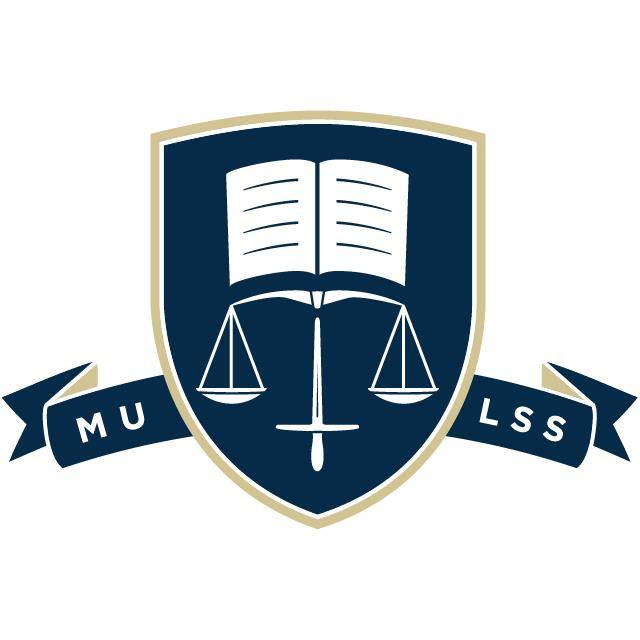|
The LSS, as part of its new Advocacy program, last week gathered together and summarised student feedback regarding the recent decision to remove the personal statement from JD selection criteria. The student feedback was presented to the JD Committee, which included various admin staff, academics, and the Associate Dean. The Committee provided comments (which can be found here)*, and further agreed to a JD Student Forum which was held last week on Wednesday.
Around forty students attended the forum, and after a short introduction by the Associate Dean, students were allowed to raise their concerns with the Dean and the Associate Dean. Questions from students focused on three things: First, there were questions regarding comments made by the Associate Dean that the personal statement had not been accorded as much weight in the past as the other selection criteria. Students felt that they had been misled; that they had been given the impression that all three selection criteria would be given equal weight. Information provided to prospective students had stated that the criteria would be assessed holistically, and a pie chart split into three equal parts gave the impression one criteria was not necessarily more important than another. The Dean agreed that this was perhaps misleading, and that more information needed to be provided to prospective students than previously thought. Second, there were concerns that selection was becoming too mechanical. Questions highlighted the important place that lawyers hold in society, and the fact that Melbourne Law School acts as one of the principle feeders of the profession. As such, it was argued, qualitative factors should be an important part of the selection process, analogous to the selection process for the Melbourne Medical School, which includes assessment of non-academic qualities such as cultural sensitivity, maturity, collaboration, reliability and communication skills. The Dean stated that it was unclear how useful the personal statement was for incorporating such qualitative factors in the selection-process, and that it would be difficult to justify expending resources on implementing an alternative when the benefits of doing so are uncertain. Third, students raised the issue of accessibility. A student commented that she knew of people who had only heard about the Graduate Access Melbourne Scheme (GAMS) as result of an academic contacting them after reading their personal statement. The Dean replied that being contacted about GAMS - a program which allows circumstances that have affected a prospective student’s tertiary study to be taken into account during the selection process – was sometimes received badly. It was better that the Law School continue its efforts to raise awareness about the availability of GAMS than have academics raise the issue ad hoc on the basis of a personal statement. Students’ comments and questions were thoughtful and well-developed, the Dean commenting on one or two occasions that points raised hadn’t been thought about when the changes to the selection criteria were being made. The number of students who turned up was also a mark of the interest students have in engaging with the Law School. It can only be hoped that, in the future, the Law School consults with students before decisions have been made, rather than after. A perfect opportunity for this would be the curriculum review coming up next semester. The LSS should be congratulated on the work it did to ensure students had an opportunity to be heard. Duncan Wallace is a second-year JD student, and Managing Editor of De Minimis. 22/11/2015 11:46:31 pm
It can only be hoped that, in the future, the Law School consults with students before decisions have been made, rather than after. Comments are closed.
|
Archives
October 2022
|



